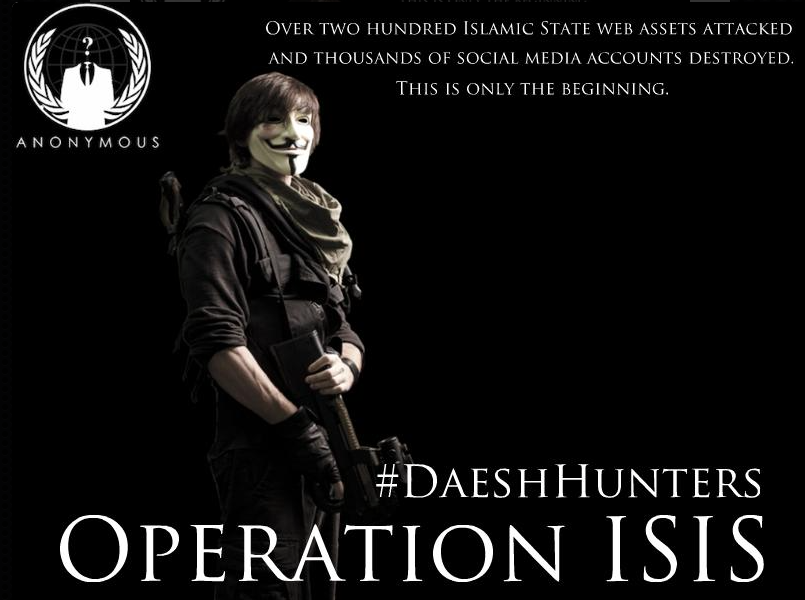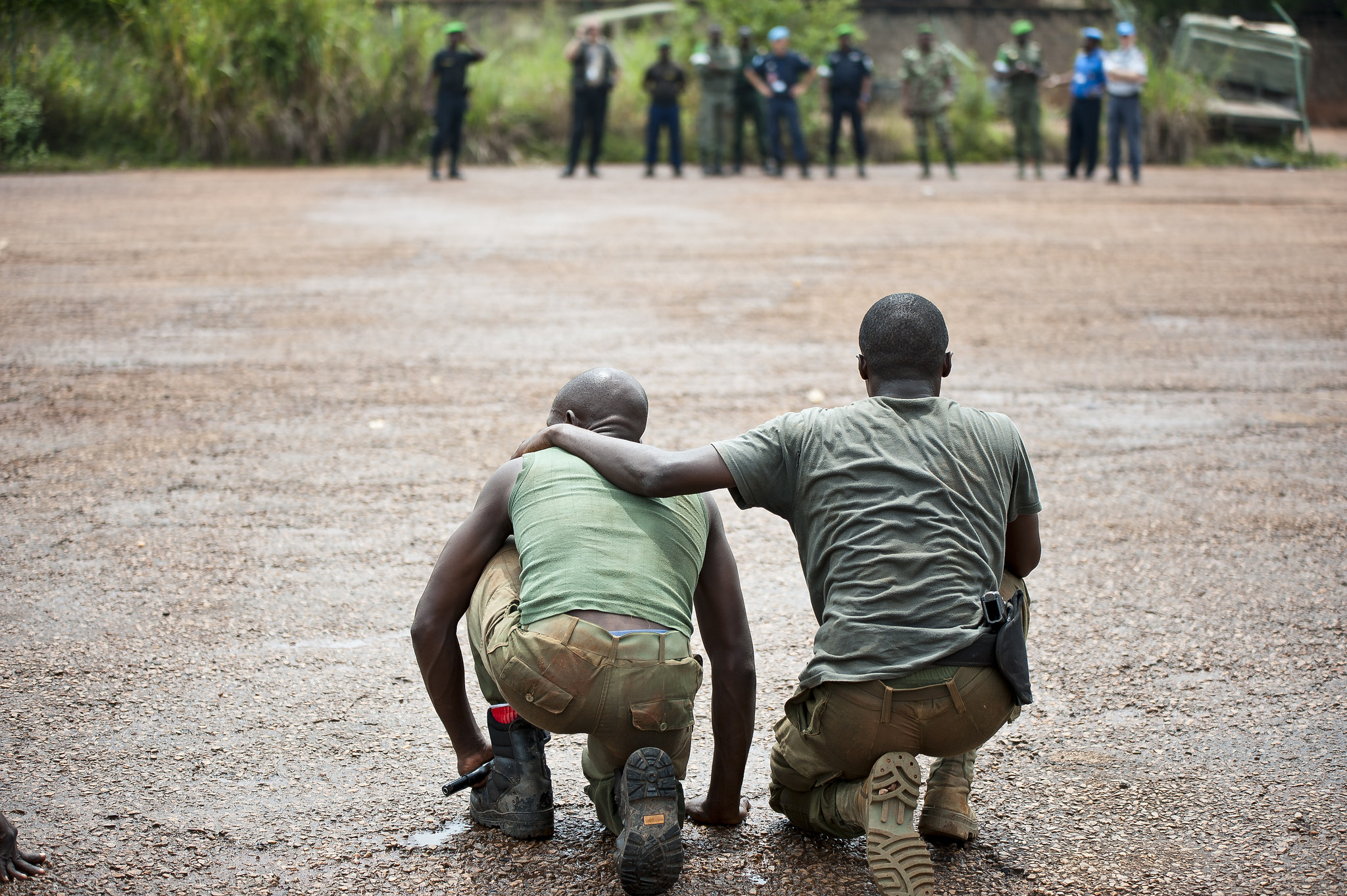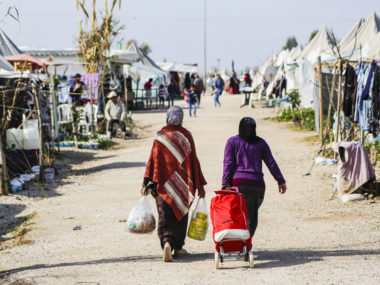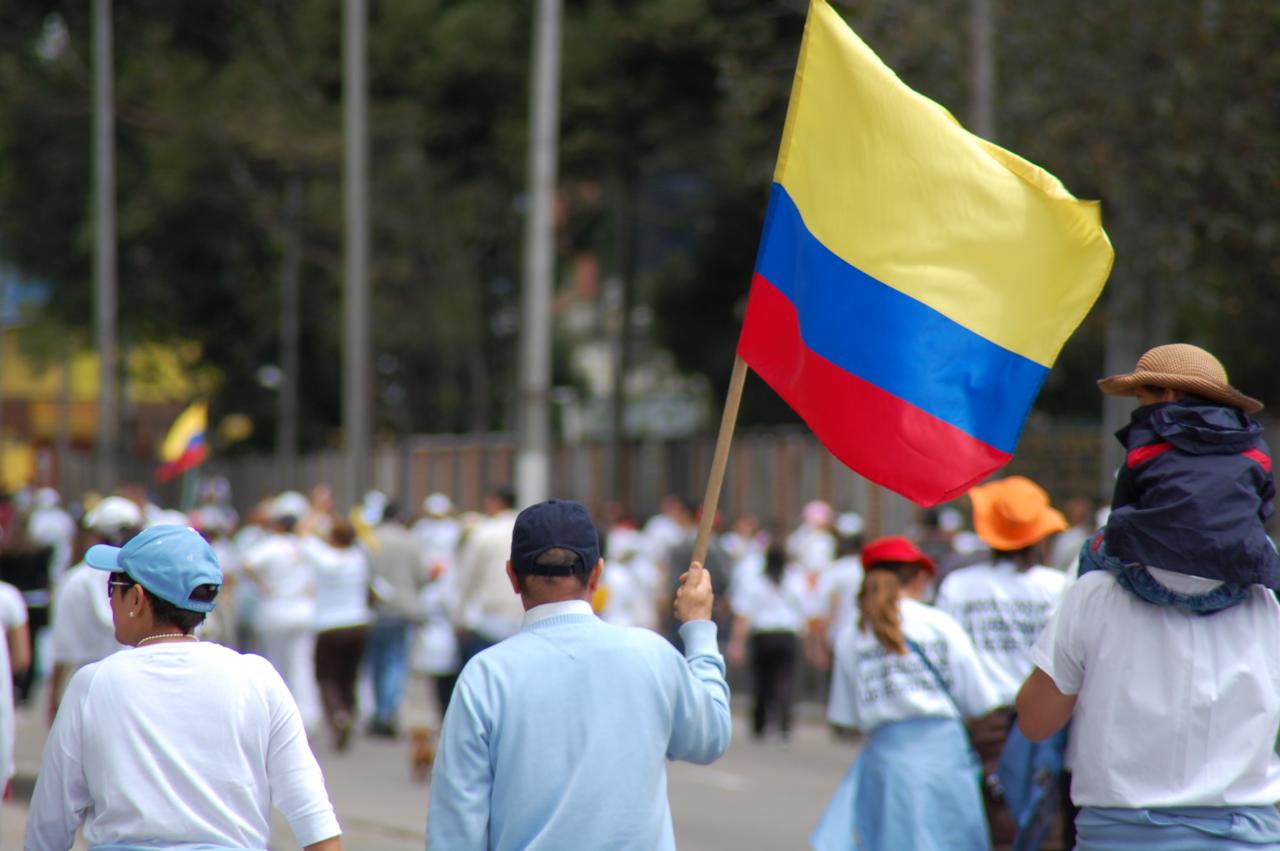By Page Fortna
The recent story from the New York Times about United Nations peacekeeping is typical of the pessimistic pieces one tends to see in the press. While the article acknowledged that “in some places…the presence of peacekeepers has saved lives”, it focused overwhelmingly on peacekeeping’s ineffectiveness, and worse — places the UN failed to stop the killing, allowed civilians to be killed, contributed to the spread of disease, or actively abused the civilians peacekeepers are meant to protect.
Make no mistake, incidents of sexual abuse by peacekeepers are inexcusable and should not be whitewashed, nor should the places where peacekeepers have struggled to establish peace and safeguard civilians go unreported.
But the article leaves an impression about peacekeeping that grossly mischaracterizes its overall effects. Its failures are inherently newsworthy (“if it bleeds, it leads”), while its successes seldom make headlines. Rarely is it considered that in the war-torn places peacekeepers deploy, things would likely be much, much worse without peacekeepers present.
Fortunately, scholars (myself included) have been studying the effects of peacekeeping systematically for many years now, and study after study shows the effectiveness of peacekeeping. We have strong evidence that:
- the presence of peacekeepers significantly reduces the risk of renewed warfare (e.g. Fortna 2004; 2008, Doyle and Sambanis 2006; Gilligan and Sergenti 2008) — that is, peacekeeping makes peace more likely to last;
- the more peacekeeping troops, the fewer the battlefield deaths (Hultman et al. 2014) — that is, peacekeeping reduces the intensity of fighting; and
- the more peacekeeping troops and police deployed, the fewer the civilian deaths (Hultman et al. 2013) –that is, peacekeeping saves civilian lives.
This doesn’t mean peacekeeping is a silver bullet – that any time peacekeepers are deployed, everything will magically be peaceful and peachy. But peacekeeping’s contributions to lessening the level of violence, protecting civilians, and maintaining peace are well established.
Yes, peacekeeping can be improved — it is perennially and woefully underfunded and understaffed. Peacekeeping troops and personnel need better training and should be deployed more quickly. Operability (and even basic communication) among contingents could be much better. And yes, missions need to crack down on any and all incidents of predatory behavior by individual peacekeepers.
There is nothing wrong with noting the need for reform. But by focusing almost exclusively on the eye-catching failures – while ignoring the larger story of the remarkable effectiveness of peacekeeping – such stories are likely to discourage the support the UN needs to improve peacekeeping’s efficacy and impact. Who would want to pour more resources into peacekeeping if it is such a failure?
But it is not a failure. The surprising thing about peacekeeping — the real story — is that, despite its many problems, it works.








5 comments
Your arguments are convincing, and well-supported by the studies you have mentioned. I will agree to the argument that peacekeeping works – as my country is a regular contributor in peacekeeping missions of the UN. However, just the other day, I was reading a story on the Guardian about how whistleblowers are harassed or penalized in the United Nations for exposing problems within the UN – especially there was a mention of one who reported sexual abuse by peacekeepers in conflict hit areas and how she suffered because of it.
I would be interested to read your thoughts on how you propose this can be rectified, and how a large bureaucracy such as the UN can better its transparency and accountability record?